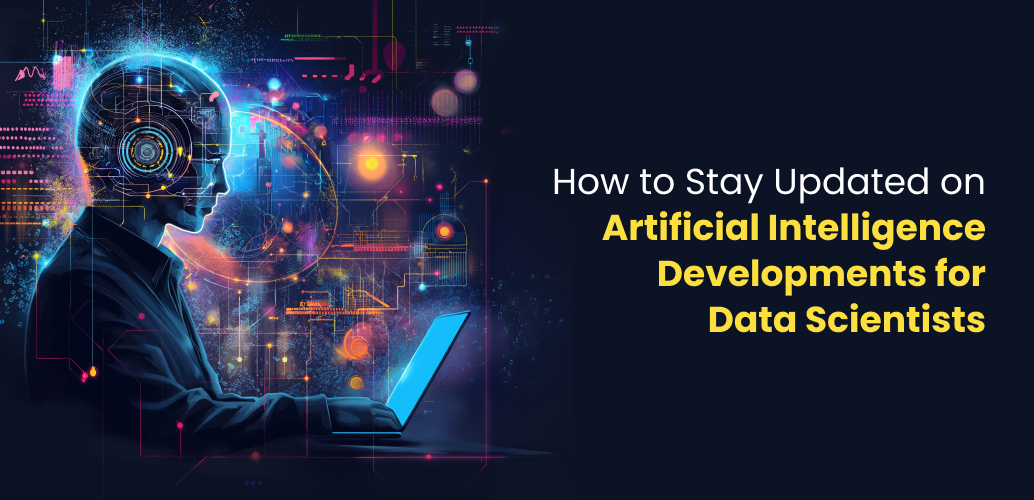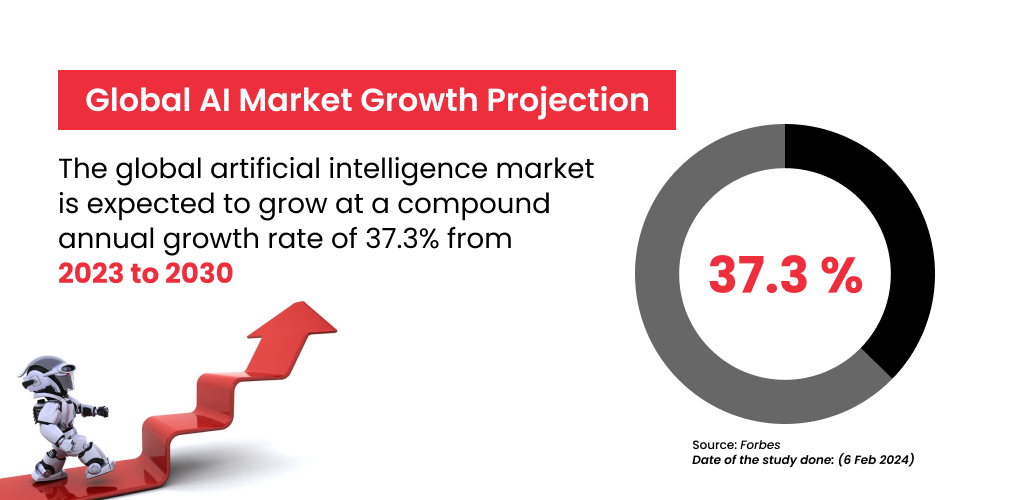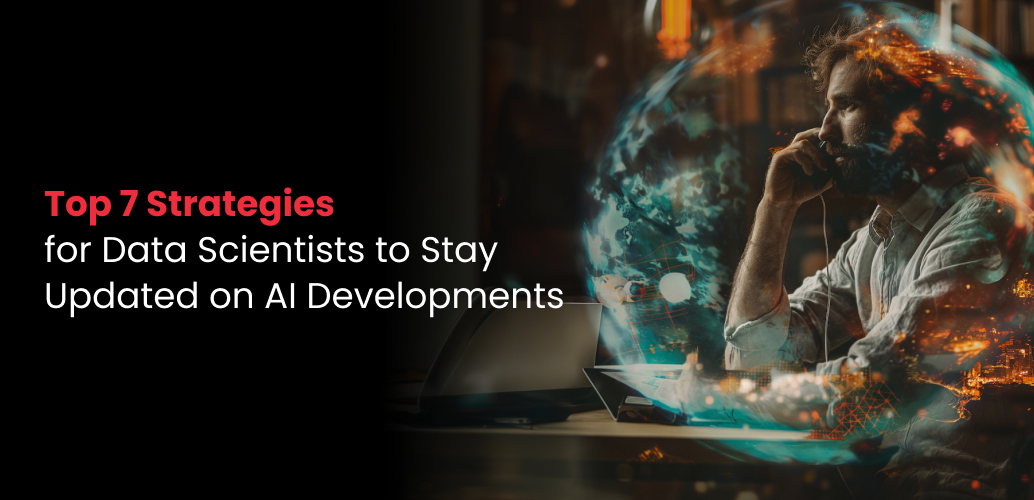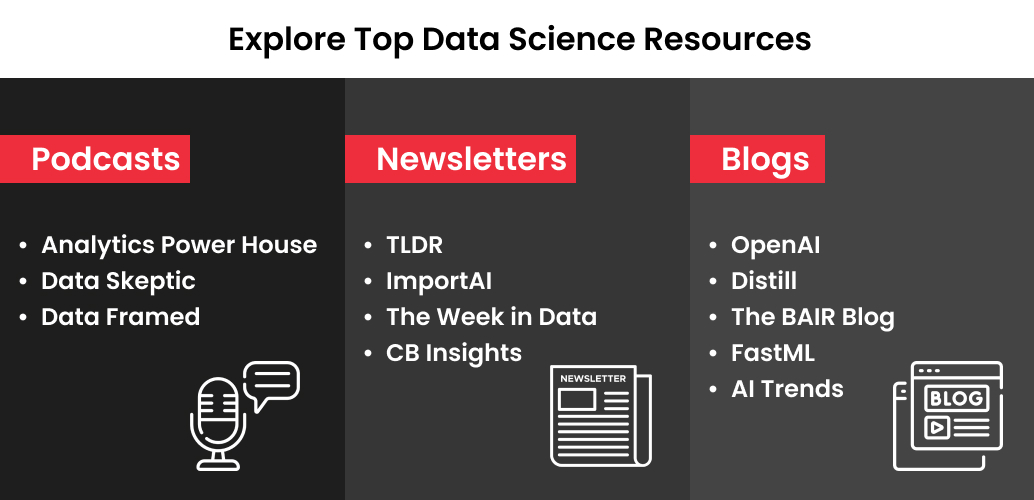Unleash the Power of Math in Business Analytics
Introducing Mathematics in Business Analytics
The Top 5 Roles of Math in Business Analytics
- Data Modeling and Analysis
- Optimization
- Probability and Statistics
- Predictive Analytics
- Quantitative Analysis
Key Mathematical Concepts in Business Analytics:
- Statistics:
- Probability:
- Linear algebra
- Calculus
- Operations research
- Regression analysis
- Decision theory
- Monte Carlo simulation
Become an Expert in Business Analytics with upGrad Campus:
FAQs (Frequently Asked Questions):
- How is math used in business analytics?
- What math does a business analyst need?
- How is mathematics related to Business analytics?
- Why do we need math in Business analysis?
In today’s growing economy, business analysts are the unsung heroes that guide businesses to success. From deciphering complex data to making informed decisions with business analytics, analysts have successfully transformed raw data into reliable information.
Since a business analyst plays a pivotal role in gathering and evaluating data and proposing a solution for the same, their skills are deemed crucial by many organizations to navigate through their sales, revenues, and market feedback effectively.
Introducing Mathematics in Business Analytics
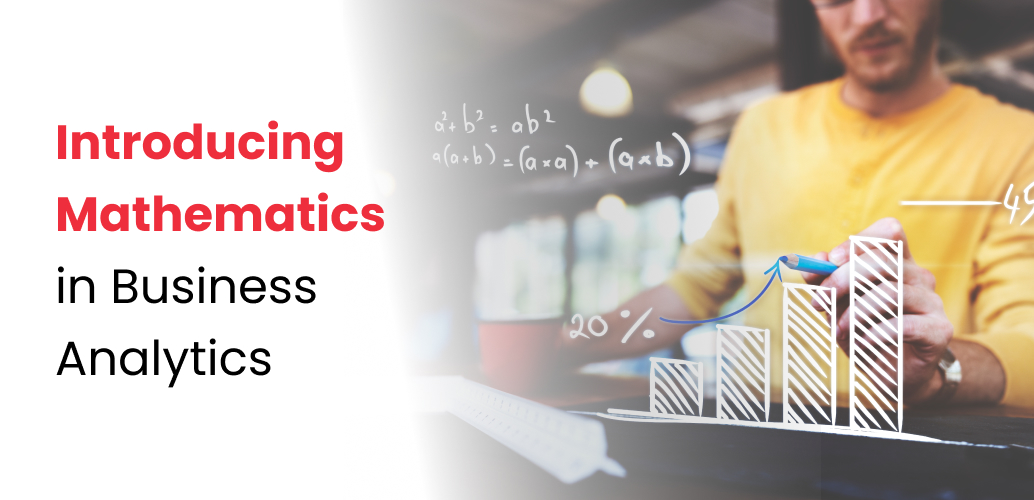
Since your vital responsibility as a data analyst is to dissect datasets for informed decision-making, business statistics and mathematics play a key role in this domain.
Now, why does business analytics require math? Math is crucial in business analytics because the close relationship between business analytics and mathematics is what helps an analyst to excel in this realm. A robust understanding of mathematical foundations like probability, statistics, and linear algebra is important to understand and analyze large data sets.
By leveraging the power of mathematics, business analysts can seamlessly drive strategic decisions based on all the valuable insights acquired.
But which mathematical concepts are significant for aspiring business analysts? This blog will give you a comprehensive understanding of what concepts you need to equip yourself with, in your journey to become an analyst.
The Top 5 Roles of Math in Business Analytics
Let’s examine the pivotal roles mathematics plays in driving insights and decision-making within the realm of business analytics:
1. Data Modeling and Analysis
Data modeling and analysis empower analysts to notice any gaps within existing data structures by providing a standardized framework to illustrate data structures for optimizing resource allocation and identifying business needs.
2. Optimization
Optimization is the heart of data analytics, it serves a critical role in improving decision-making processes by enhancing efficiency. It works by systematically finding different alternatives and measuring their performance against an objective while keeping track of the necessary constraints.
3. Probability and Statistics
Probability and statistics are two prominent tools in business analytics that facilitate decision-making and risk management. Statistics analyses historical data to find patterns and make predictions and are usually meant for sales forecasting, market research, and risk analysis.
Whereas probability quantifies the chances of different outcomes happening and helps businesses make more accurate forecasts and decisions. It helps in areas like stock market trading, insurance pricing, and marketing campaigns.
4. Predictive Analytics
Predictive analytics models are specially created to assess past data, discover patterns, and utilize the same information to predict future trends. This information allows businesses to predict market changes, consumer behavior, and operational requirements. It also ensures strategic planning and decision-making.
5. Quantitative Analysis
Quantitative analysis involves collecting and analyzing measurable data to understand how a business is performing. This method utilizes financial statements and statistical models to examine various quantifiable aspects of a company’s operations. It’s important to assess data in areas like investment decisions, supply chain management, and performance measurement.
Key Mathematical Concepts in Business Analytics
Here’s a list of key mathematical concepts in business analytics and statistics that act as a pillar for every business analyst to drive informed decision-making processes.
1. Statistics
Statistical analysis stands out as a mathematical tool as it utilizes past data to enhance decision-making processes by employing techniques like regression analysis, hypothesis testing, and time-series analysis.
2. Probability
Probability theory allots a numerical value for the chance of an event from occurring and is particularly valuable in analyzing risks and making decisions when uncertainty arises.
3. Linear algebra
This mathematical field helps solve problems concerning matrices and linear equations, which are common in data analysis and optimization tasks. It is effective in understanding and solving complex challenges in those areas.
4. Calculus
Calculus serves as a powerful tool for analyzing and improving important functions related to business processes and systems. It even assists in finding the best possible solution considering certain limitations.
5. Operations research
In business analytics, operations research breaks down complex problems into basic components and addresses the issue through mathematical and statistical analysis.
6. Regression analysis
This statistical method examines the relationship between dependent and one or more independent variables. By utilizing this method, analysts can determine whether the changes in a dependent variable are due to the changes in the independent variables.
7. Decision theory
Decision theory is a range of econometric and statistical tools that help make logical decisions while dealing with difficult circumstances.
By implementing decision theory, companies make informed decisions, anticipate market trends, and fulfill customer preferences efficiently.
8. Monte Carlo simulation
A Monte Carlo simulation is a model that predicts different outcomes when various outcomes are probable, showing how uncertainty affects forecasts.
Become an Expert in Business Analytics with upGrad Campus
Commencing your journey in business analytics requires you to equip yourself with the necessary mathematical tools and subjects. By learning mathematical concepts such as Statistics, probability, calculus, decision theory, and more, a business analyst can drive their company’s growth strategically.
This is your chance to advance your career in analytics with the business analytics online course offered by upGrad Campus. Through an extensive curriculum that comprises hands-on projects, case studies, and mentorship, you will not only succeed but also make a mark in the business analytics industry.
Take the next step in sharpening your analytics skills with UpGrad Campus’s Business Analyst Certification Course and make informed decisions to thrive as a business analyst.
Also Read: Understanding the Basics of Business Analytics
FAQs (Frequently Asked Questions):
1. How is math used in business analytics?
Business analytics uses math and statistical modeling to optimize the performance of their business. They come up with a research question and collect and analyze data to find a suitable solution to that question.
2. What math does a business analyst need?
One doesn’t have to be an expert in mathematics to be a business analyst. Basic knowledge of math and statistical concepts is more than enough for a person to emerge in the business analyst field.
3. How is mathematics related to Business analytics?
Mathematics is the study of numbers, quantities, and shapes, and it provides specific techniques and formulas to understand these concepts. These mathematical techniques are crucial in data analytics to analyze and interpret data, identify future trends, and make decisions.
4. Why do we need math in Business analysis?
In business analysis, mathematical formulas are important in areas like wage or salary calculation, employee performance management, profit & loss analysis, etc. These mathematical models help in analyzing business fluctuations and finding the appropriate solution for the same.
Watch also:


